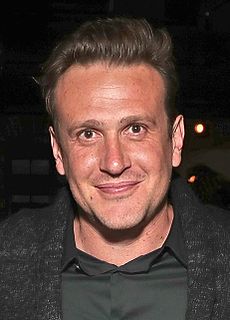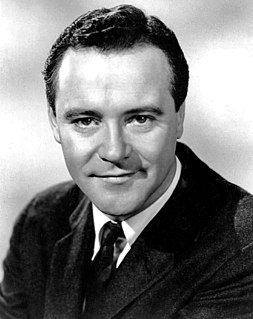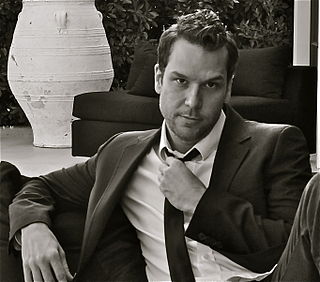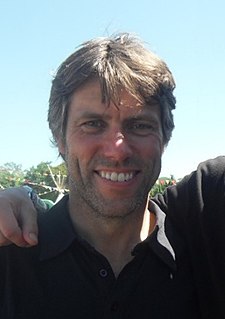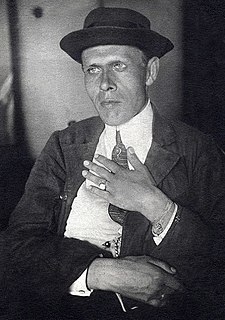A Quote by Jason Segel
That's the best advice I can give - when you're trying to write a comedy, first write a drama, and then make it funny.
Related Quotes
The best advice on writing was given to me by my first editor, Michael Korda, of Simon and Schuster, while writing my first book. 'Finish your first draft and then we'll talk,' he said. It took me a long time to realize how good the advice was. Even if you write it wrong, write and finish your first draft. Only then, when you have a flawed whole, do you know what you have to fix.
Having written both comedy and drama, comedy's harder because the fear of failure's so much stronger. When you write a scene and you see it cut together, and it doesn't make you laugh, it hurts in a way that failed drama doesn't. Failed drama, it's all, 'That's not that compelling,' but failed comedy just lays there.
The single best piece of advice I give to aspiring writers is to always write about things that they know. I suggest that they write about people and places and events and conflicts they are familiar with. That way their writing will be real and hopefully readers will respond to it. I try to take my own advice.
My advice is: to try and stay really true to the things that make YOU laugh, as opposed to trying to create a character that you think is funny. Some comedians get into bad habits when they are trying to create something that is not them, and they are trying to write a voice that isn't their true voice.
